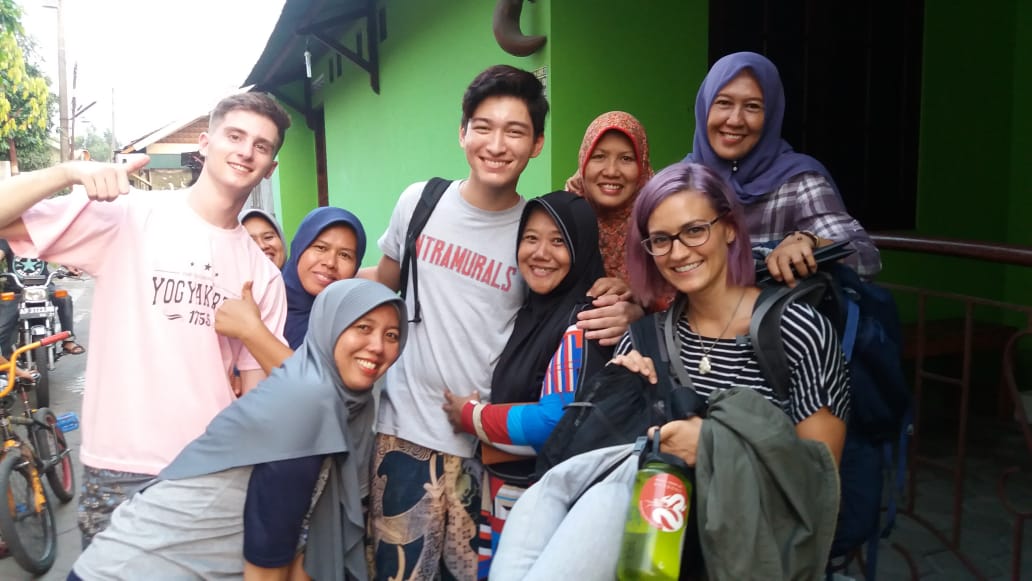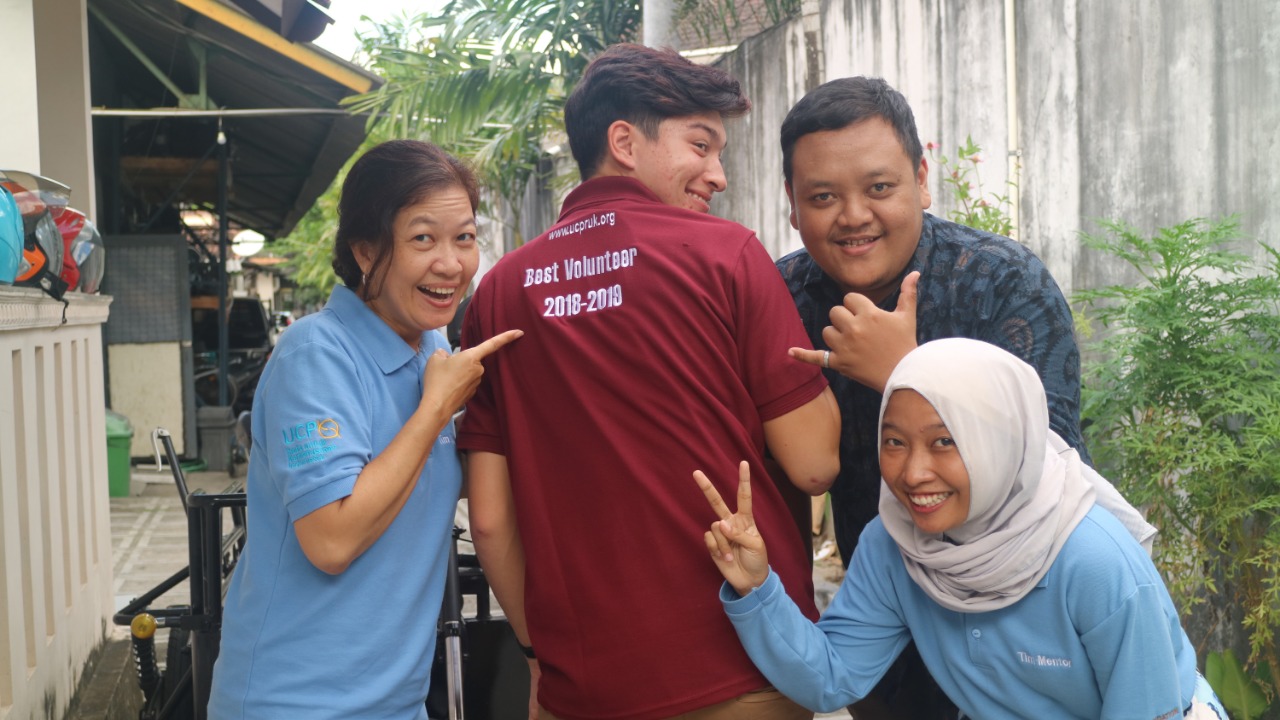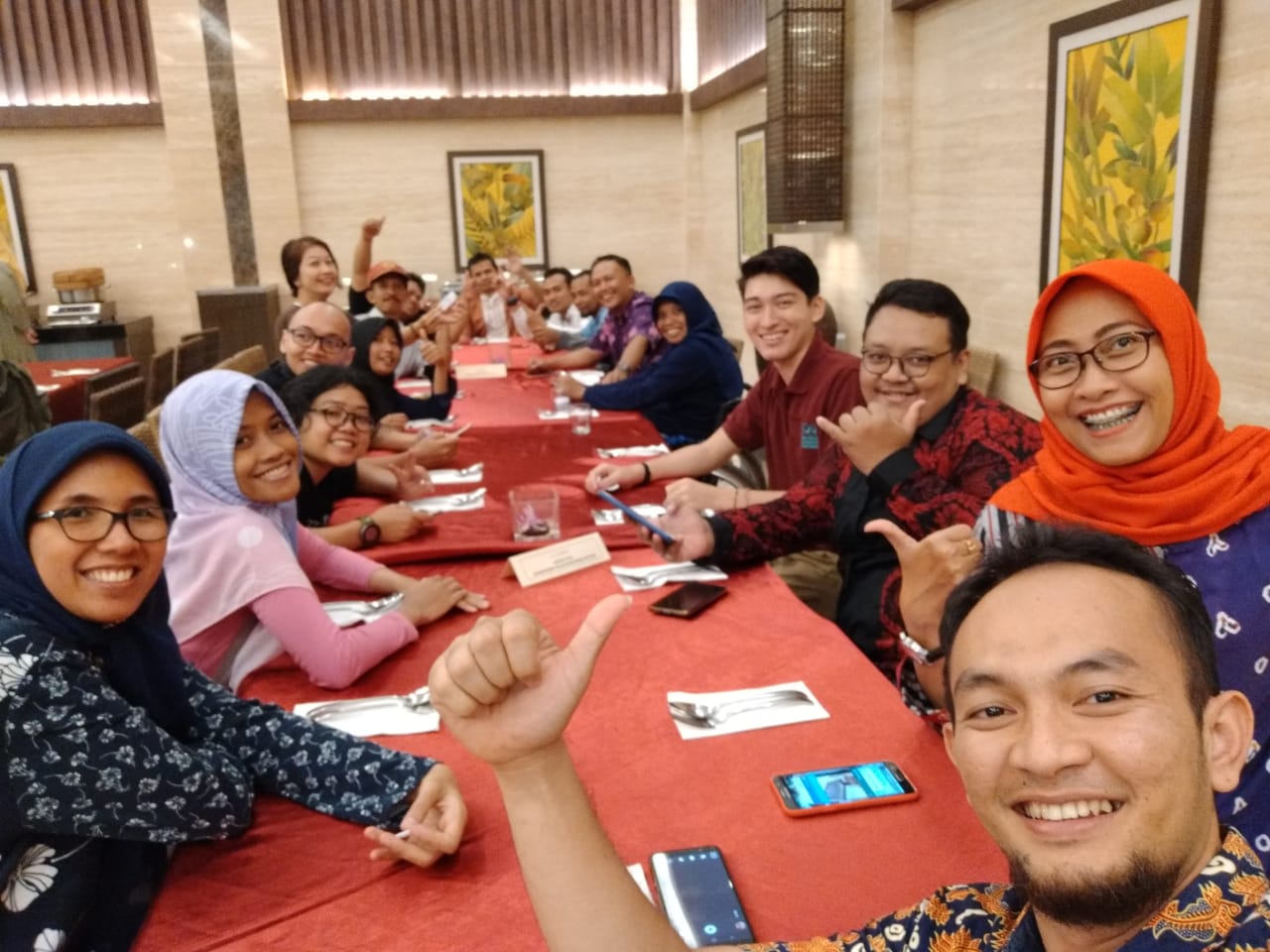When I graduated from high school, I was burnt out and needed a change in my life. The decision to take a gap year was never really a question in my mind––my parents were always strong proponents, and I needed a break from academics. When I first read about the Novogratz Bridge Year Program, I knew that the opportunity to spend nine months abroad (for free) was too good to pass up.
However, after I applied and received my acceptance letter to the Indonesia program, I felt less sure about my choice. My anxiety and self-doubts began to emerge, making me second guess whether the Bridge Year Program would be a mistake or not. I would graduate later than my friends, go many months without my family, and live alone in a totally unfamiliar city. Would it be a waste of time? Would I learn anything? Would I make friends? These questions and doubts filled my mind as the departure date neared. I still remember how scared and unsure I felt during the nights leading up to the trip, and the queasy feeling in my stomach as we drove to campus for the pre-departure orientation.
I started Bridge Year with full-on imposter syndrome and anxiety. Like many incoming first-years, I felt inadequate compared to my incredibly accomplished peers and worried about insignificant things that I had no control over. I was insecure, and the other students in my cohort seemed much more mature, intelligent, and well-spoken. In those first few weeks, I kept quiet during group discussions, journaled a lot, and over-thought nearly every word that came out of my mouth.
The first month of Bridge Year Indonesia was reserved for orientation and short-term travel. We spent this initial month traveling through Sumatra. Everything was still new and exciting, but as this month began to wind down and our move-in day to Jogja grew nearer, I felt incredibly anxious about meeting my long-term homestay family. I remember confiding in Umi, one of our on-site staff members, the morning before we were introduced to our families. As we sat on the porch of our hotel–sipping tea and listening to the adzan (call to prayer) in the background–I nervously listed off my fears and hesitations about meeting my homestay family. I was worried about communicating with them with my limited Indonesian, making a good first impression, and whether I could live up to their relationship with the previous student. I was told that my homestay family was especially religious–the father was an Imam–and I worried about what they would think of my Jewish beliefs and identity. Umi reassured me that they were a perfect match for me, and not to worry. This didn’t do much to reassure me at the time, and I spent the rest of the morning pacing and stressing.
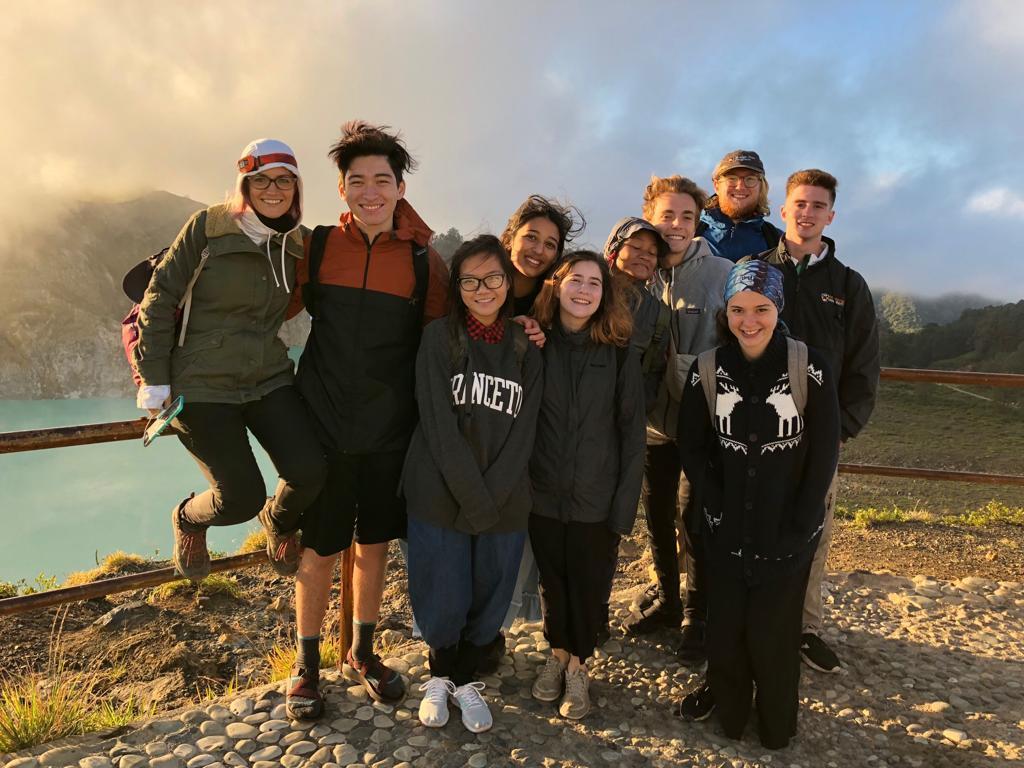
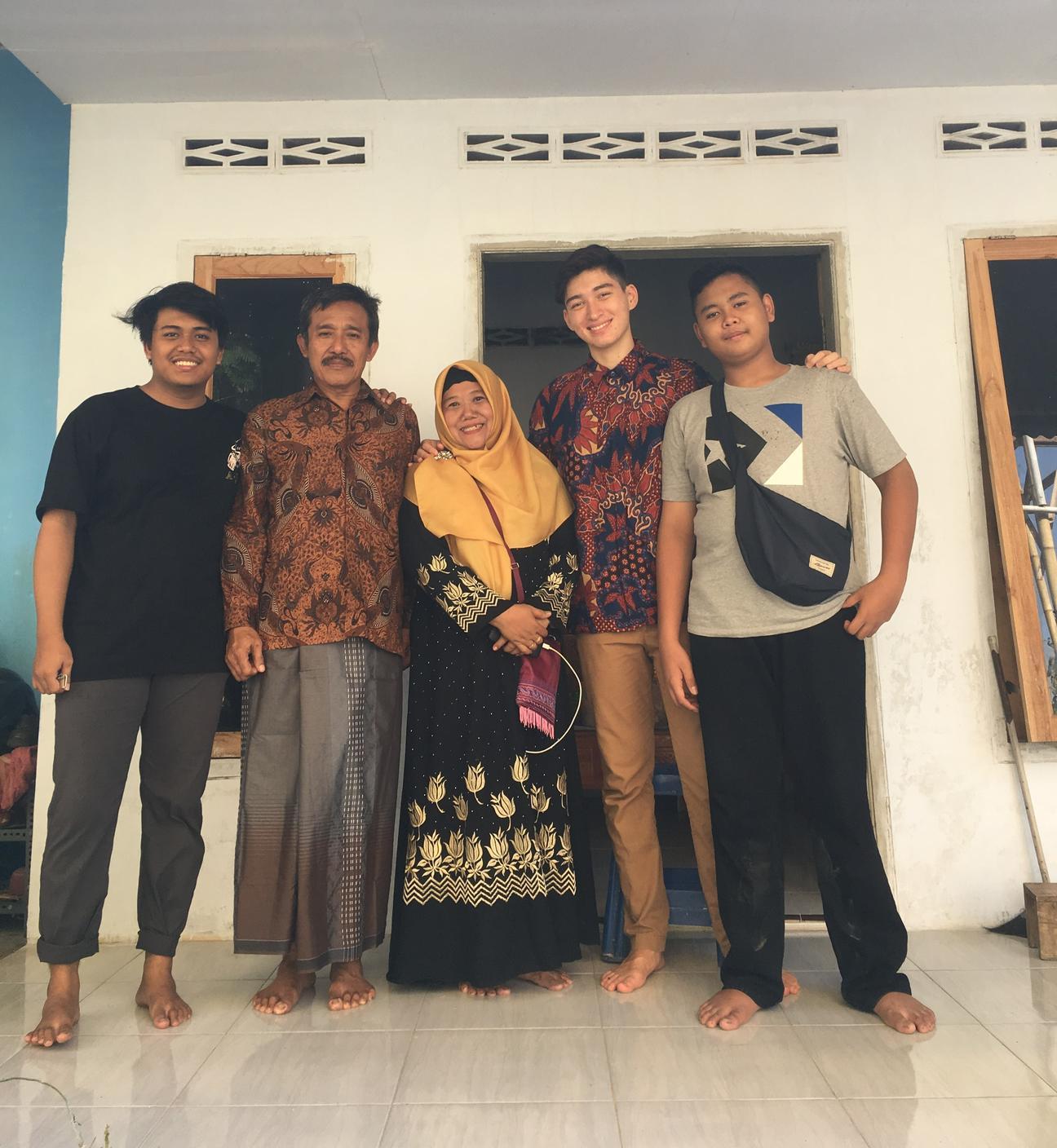
I won't lie, that first week in the homestay was quite an adjustment. My family did not speak any English, so we struggled to communicate, and I was exhausted from feeling the need to constantly ‘perform’ around them. But after just a month or two, I felt infinitely more relaxed. As I continued to grapple with anxiety and imposter syndrome, my homestay family became a true source of comfort and relaxation. We found ways to communicate with my still-limited Indonesian skills, and I began to prioritize spending more time at home with them.
Reflecting on it now, four years out of Bridge Year, my homestay family was the best part of my experience. They each taught me so much, and I am so grateful for the generosity and unconditional love that they showed me. There are so many moments that I wouldn’t trade for the world: watching movies on the porch with my homestay brothers, karaoke Bon Jovi with Ibu and Ayah (my homestay parents), visiting my homestay sister in the hospital after she gave birth, Ibu’s disapproving looks when I bleached my hair, and learning Arabic at the Mosque with Ayah. They had an incredibly influential impact on me during this transitional moment in my life when I was just beginning to define my values, relationships, and career trajectory.
While re-reading my journals and reflecting upon Bridge Year, I realized that the community I found in my homestay enabled the growth I experienced that year. While I was feeling anxious, inadequate, and inexperienced compared to my Princeton peers, my homestay showed me acceptance, self-love, and compassion. I never thought that I would call Indonesia home, or consider non-relatives part of my family, but over the course of nine months, that is exactly what ended up happening.
Today, more than four years after the program, I am endlessly grateful for Bridge Year. The personal growth that I underwent shaped who I am today in countless ways. Bridge Year taught me many skills and lessons, but above all, it helped me develop more self-confidence. I know it sounds cliche, but I gained so much confidence in myself and my abilities. Continuously getting pushed outside of my comfort zone forced me to grow in ways that I still struggle to verbalize. I am of course still in contact with my family today, and I am returning to Yogyakarta this summer as part of the Streicker International Fellows Program to intern at an architecture firm. Although I am still unsure about what my future post-grad will be, I am hoping to move to Indonesia again and start my career there. If I had the chance to speak to the pre-Bridge Year version of myself, or anyone considering the program, I would say: absolutely take the leap; the lessons you will learn about yourself, the world, and your place within it will be invaluable and unforgettable.
